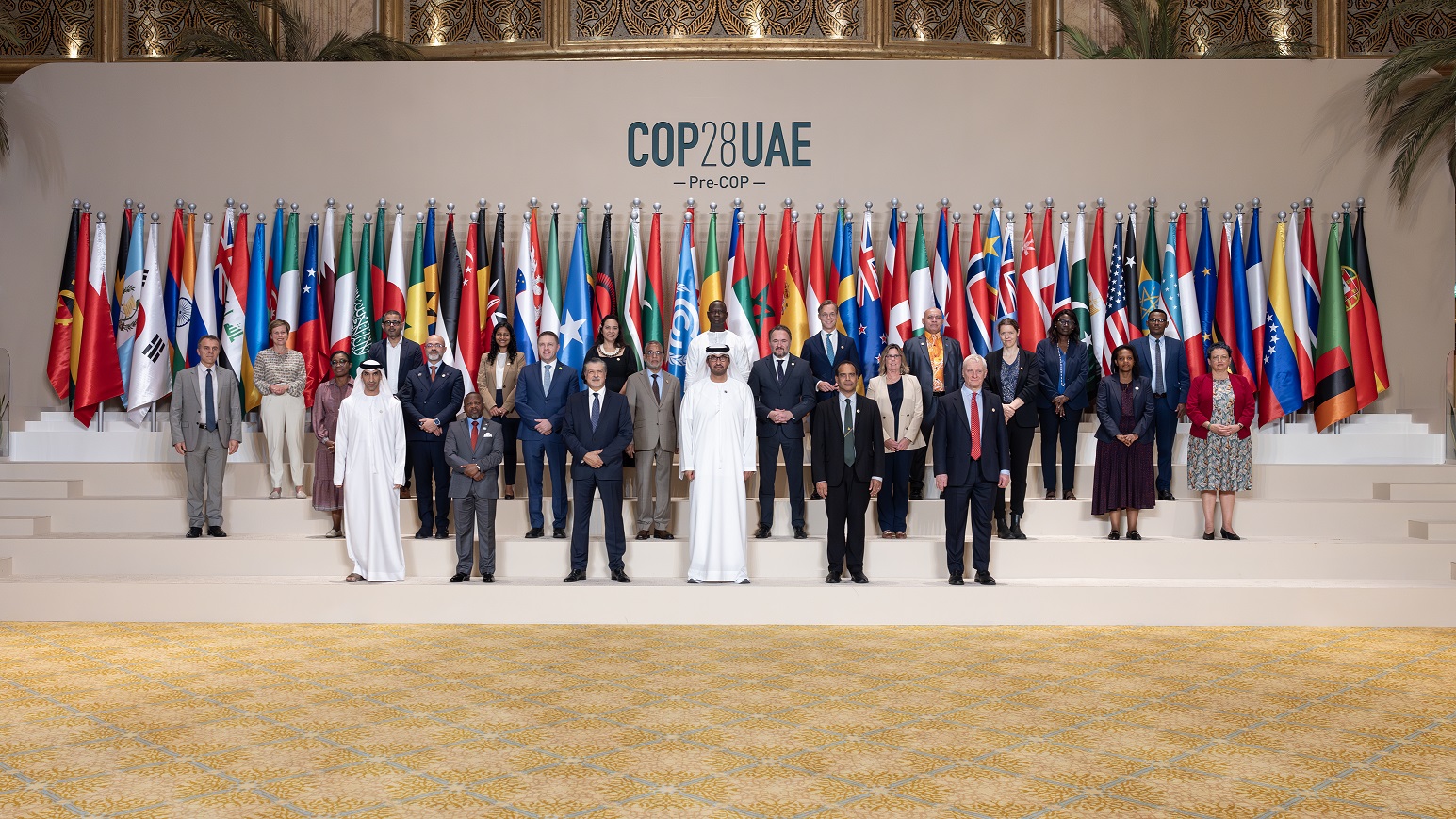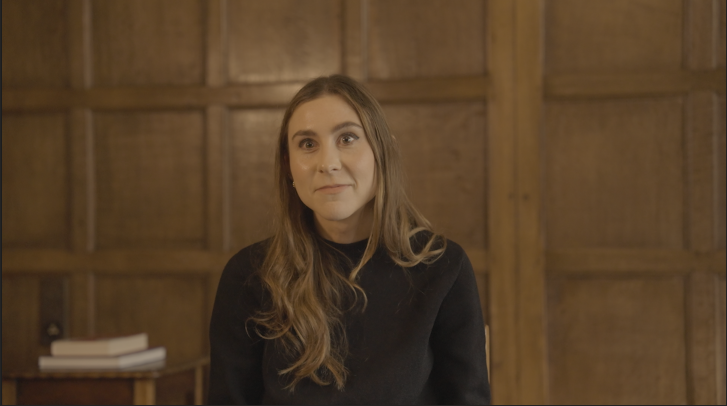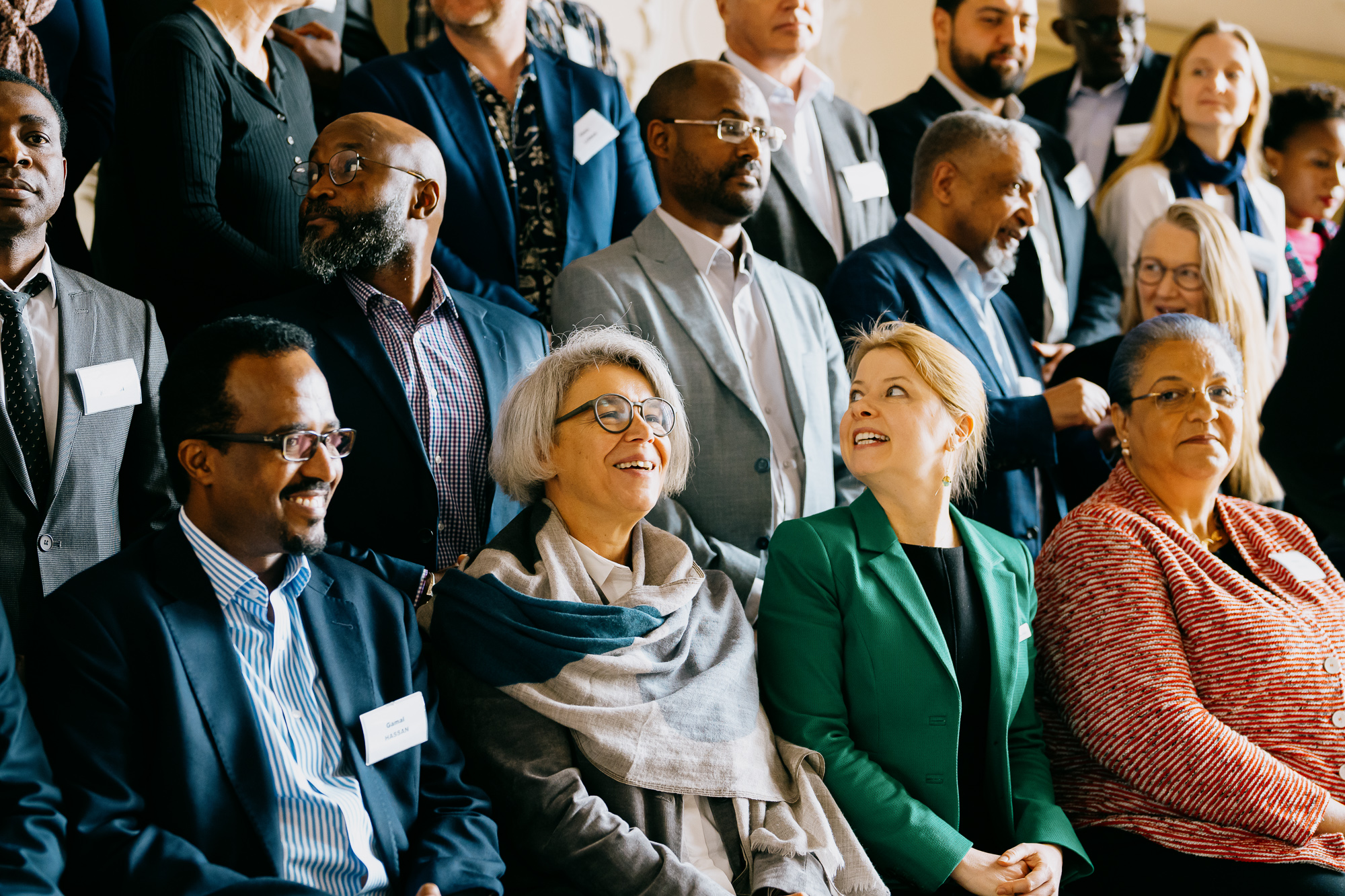In partnership with Science and Innovation Network (Foreign and Commonwealth Office); The Met Office; Government Office for Science (Go-Science), Department for Business, Innovation & Skills; UK Collaborative on Development Sciences; Humanitarian Futures Programme (Kings College, London) and Save the Children
The workshop was the first in a series initiated by the Science and Innovation Network (SIN) of the Foreign and Commonwealth Office.
Natural hazards such as earthquakes, volcanic eruptions, tsunami, floods, drought, storms and resulting landslides destroy lives and livelihoods and create significant economic damage not just in the affected country and region but increasingly across the globe. Climate change may increase the severity of natural hazards with more extreme weather events predicted.
Increasing the predictability of when such phenomena might occur, forecasting their nature, scale and anticipated impact and improving the early warning of sudden impact and slow-onset disasters could significantly improve resilience and reduce the economic and social impact on vulnerable communities.
There is a growing need to identify how science can play a consistent and substantive role in reducing vulnerabilities to such hazards and promote sustainable resilience.
The workshop brought together senior representatives from the world of science, disaster risk reduction, prevention and preparedness, development and humanitarian policy making as well as the private sector from a wide range of countries to explore these questions. Our style is through highly participative round-table discussion. The workshop will follow up on two reports published by the UK government, The Use of Science in Humanitarian Emergencies and Disasters (June 2012), and the UK Foresight report, Reducing Risk of Future Disasters launched in November 2012.
Some of the emerging themes that resulted from the conference were:
- There is a need for better links between scientists, whose ever improving skills and analysis can help predict and forecast the nature, scale and anticipated impact of natural hazards, with those policy makers, planners, NGOs, affected communities and others who need that information communicated effectively to help them prevent disasters and reduce their impact in the short and longer term.
- A number of UK reports over the last two years as well as a number of international documents all state the need for greater scientific input to avert disasters from having such a major impact. These reports include the Foresight Report Reducing Risks of Future Disasters: Priorities for Decision makers’ (published November 2012)1; The Use of Science Advice in Humanitarian Emergencies and Disasters (the SHED Report of June 2012)2 and the Humanitarian Emergency Response Report (HERR, March 2011)3.
- Major advances in predictive and multi-disciplinary science, allied to communication technologies are providing unprecedented opportunities for disaster risk reduction and tackling humanitarian emergencies. More could be done without a lot more new science.
- The importance of both physical sciences and social sciences working together to contextualise natural science messages so that an understanding of how local communities work and organise themselves, such as the way messages filter down through societies, power relations and gender biases, is crucial for the science and forecasting to embed into local community networks.
For more details, download the full report.












